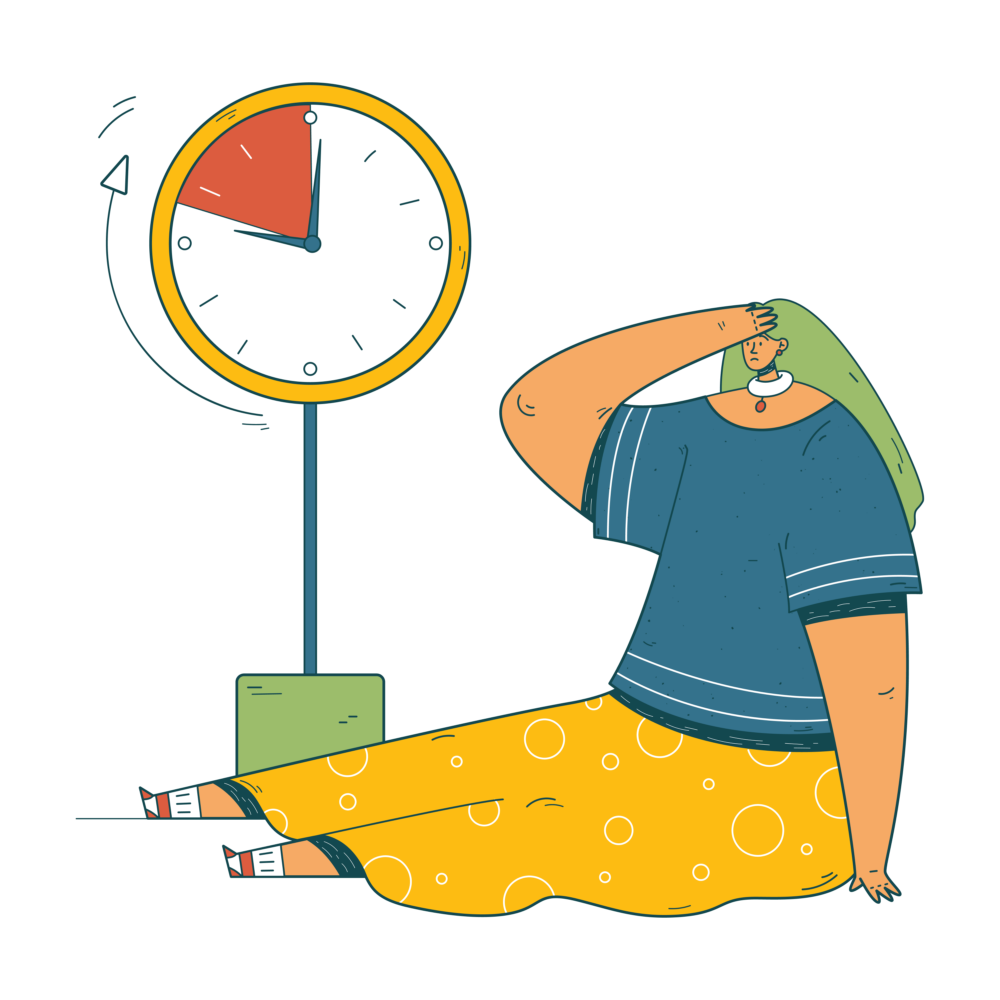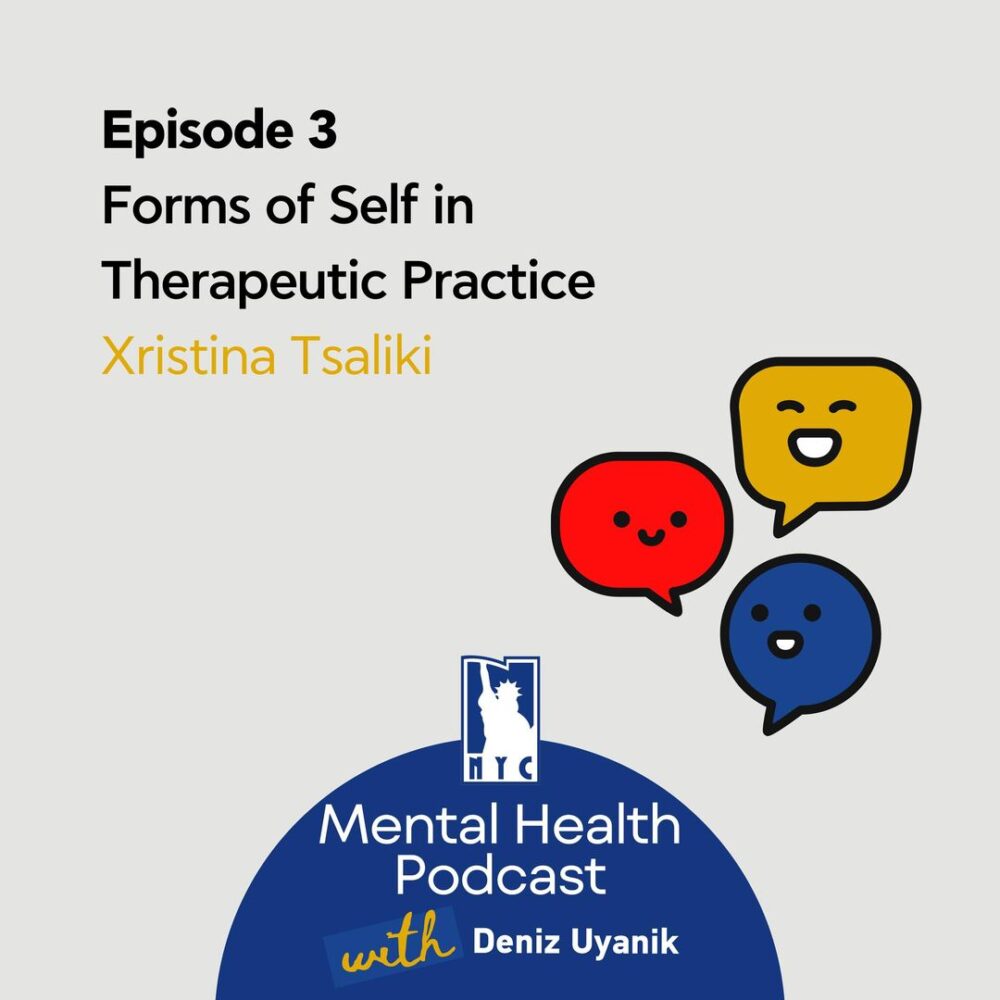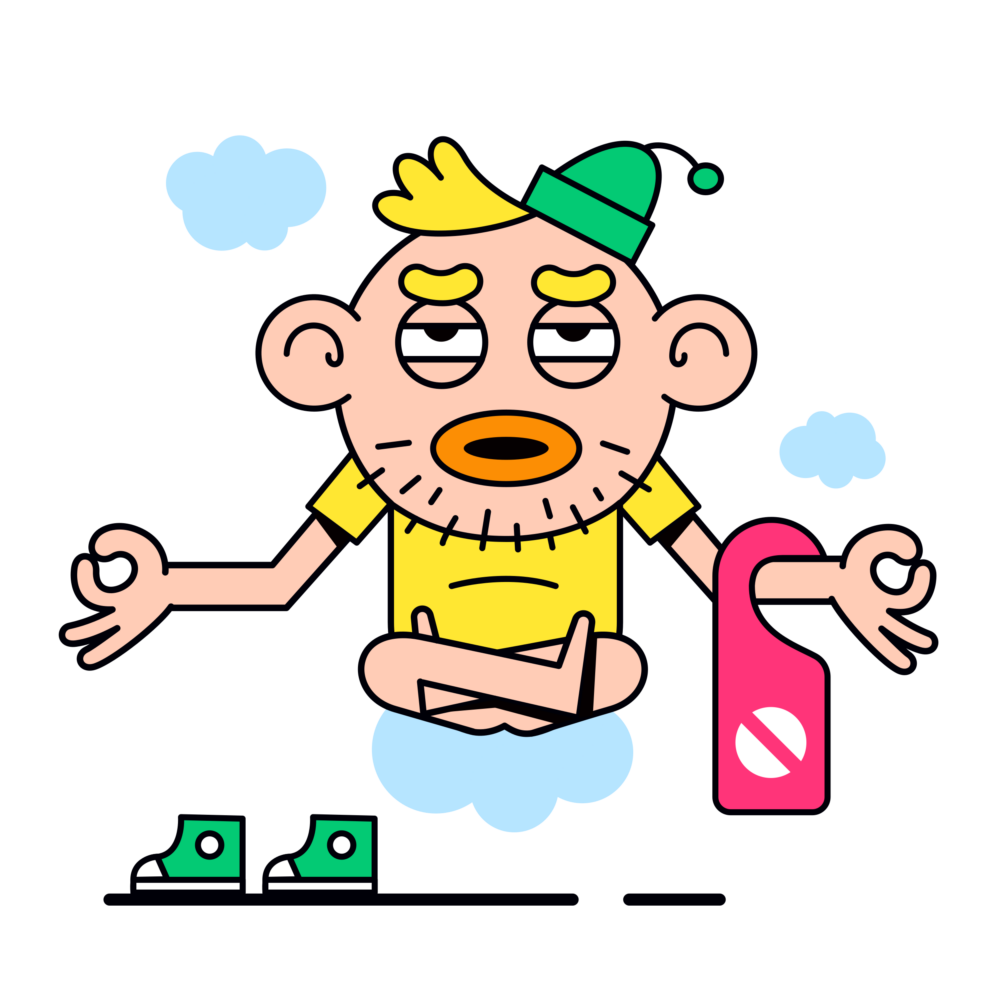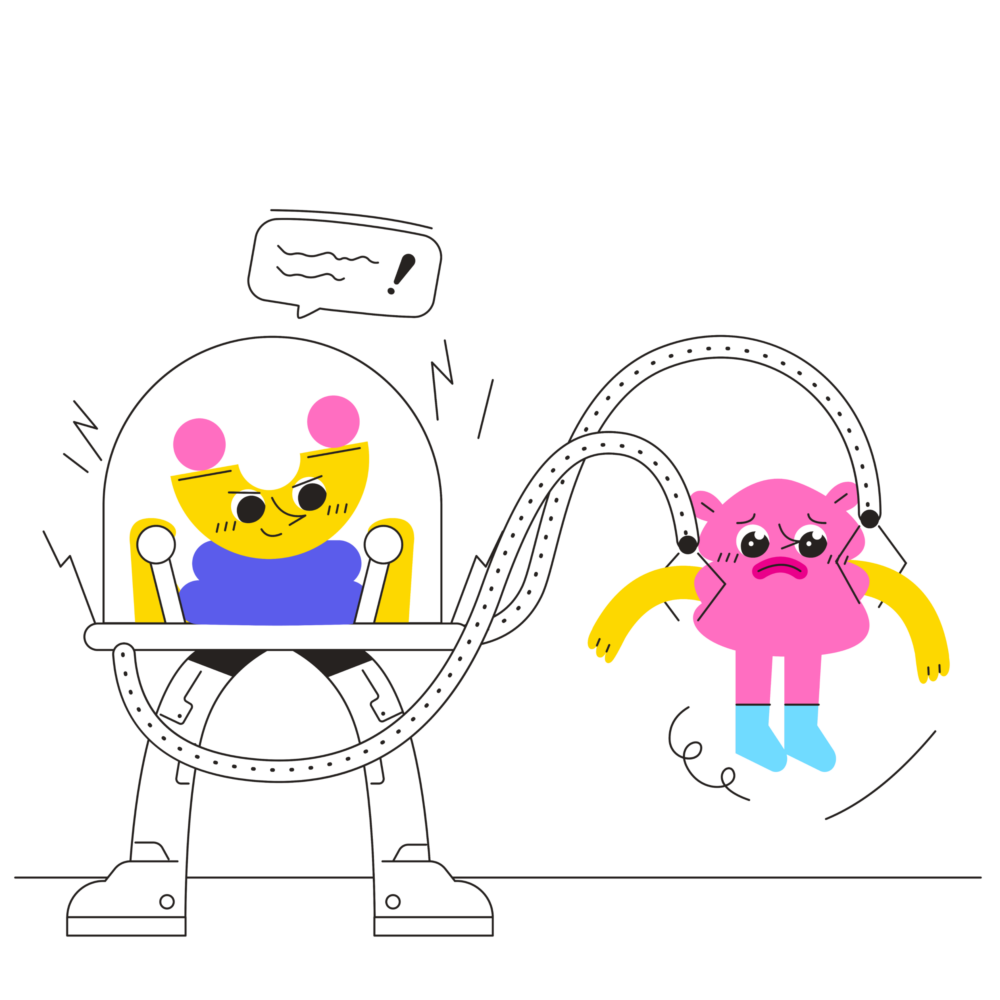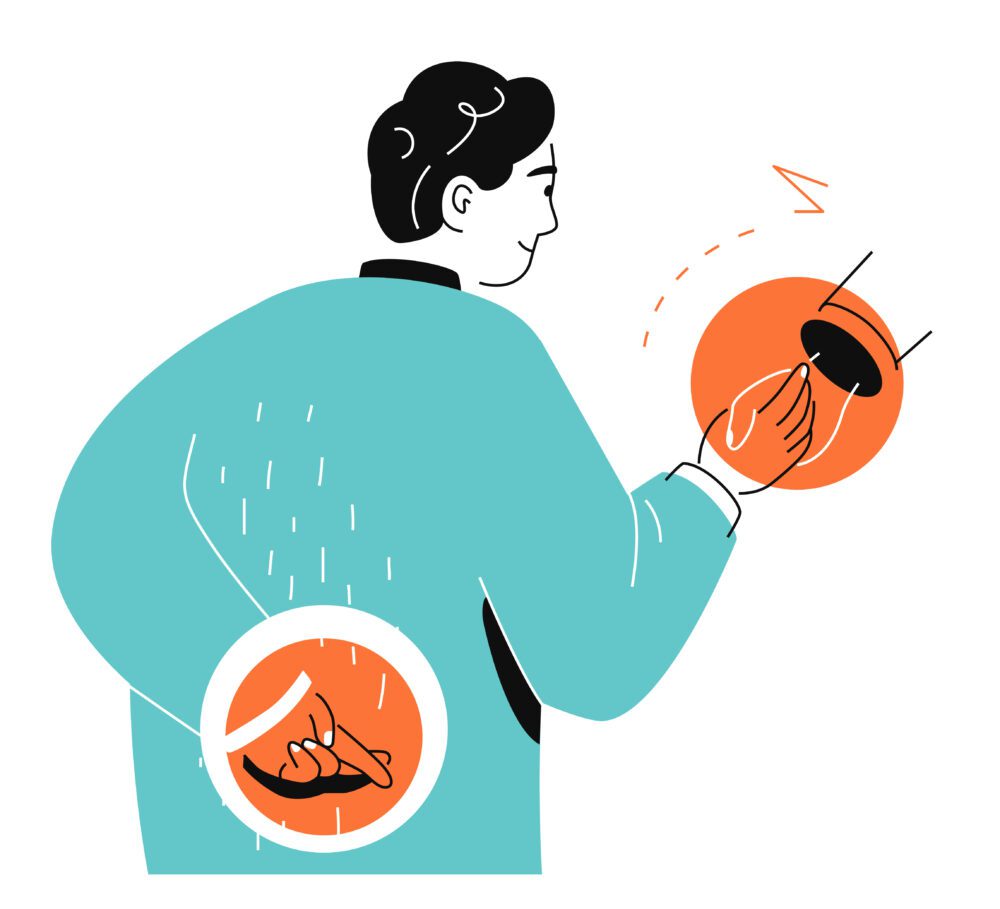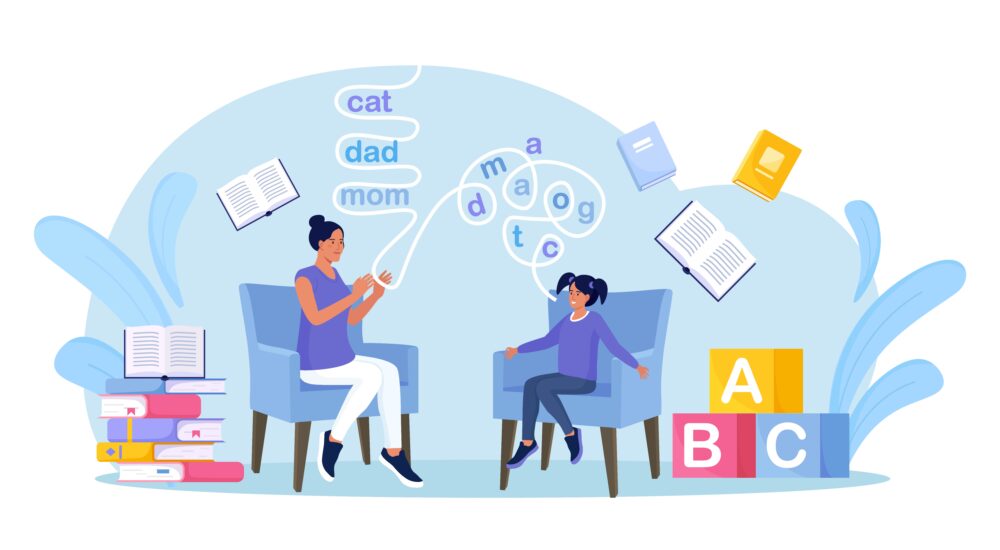Therapists maintain strict boundaries regarding sessions, timings, cancellations, and payments to provide effective support. While therapy boundaries may seem rigid, they are crucial in ensuring a productive therapeutic process. In this article, we’ll explore the reasons behind these policies and how they benefit clients and therapists. Why Are Boundaries Important in Therapy? Boundaries in therapy… Continue reading
Posts by Deniz Uyanik
Mental Health Podcast Episode 3 – Forms of Self in Therapeutic Practice with Xristina Tsaliki and Deniz Uyanik
In this episode, we will explore how different concepts of the self play a crucial role in therapy. We’ll discuss how understanding these forms can enhance therapeutic outcomes, promote self-awareness, and foster personal growth. While discussing Forms of Self in Therapeutic Practice, Christina will share her insights and experiences, offering valuable perspectives for practitioners and… Continue reading
Polyphonic self
The concept of the polyphonic self is rooted in the idea that an individual’s identity is composed of multiple, sometimes conflicting, voices or aspects. This concept draws on theories from psychology, narrative therapy, and literature, emphasizing the complexity and multiplicity of human identity. Here are the key elements of the polyphonic self: Key Concepts of… Continue reading
Irreverence in Therapy
The concept of irreverence in psychotherapy, particularly in systemic and narrative approaches, refers to a therapeutic stance where the therapist intentionally disrupts conventional or respectful attitudes to challenge existing power structures, beliefs, or patterns within the therapeutic process. This approach can encourage change, promote creativity, and stimulate clients to view their situations from new perspectives…. Continue reading
Understanding Internal Family Systems Therapy and Its Core Concepts
Internal Family Systems (IFS) Therapy is a transformative, evidence-based approach to psychotherapy that has gained widespread recognition for its effectiveness in addressing a range of mental health issues. Developed by Dr. Richard C. Schwartz in the 1980s, IFS therapy views the mind as a system of different parts, each with its perspective and roles. Here,… Continue reading
What is Transactional Analysis?
A Canadian-born psychiatrist, Eric Berne developed Transactional Analysis (TA) as a psychoanalytic theory and therapeutic approach. Berne introduced TA in the mid-20th century, primarily in his groundbreaking book “Games People Play,” published in 1964. TA offers a framework for understanding human behaviour, communication, and relationships. Here are the key concepts of Transactional Analysis: 1. Ego… Continue reading
Narrative Therapy – Rewriting Your Life’s Story
Narrative therapy is a unique approach to counselling that helps individuals rewrite their personal stories. This method believes that everyone’s life is a series of stories that shape our identities, beliefs, and behaviours. People can find new ways to address challenges and achieve personal growth by exploring and altering these narratives. The Foundation of Narrative… Continue reading
Impact of Inaccurate Mental Health Content Therapy Progress
Information is abundant, easily accessible, and often influential. However, within the oversupply of online content about mental health, there are significant amounts of inaccuracies and misconceptions. Such misinformation not only perpetuates stigma but also poses a severe threat to the progress of therapy and mental health treatment. Types of Inaccurate Mental Health Content Misinformation about… Continue reading
Multi-Axial System in DSM-IV and DSM-5
The Diagnostic and Statistical Manual of Mental Disorders (DSM) has long been a cornerstone in mental health. For many years, clinicians used the DSM-IV, which introduced a multi-axial system to diagnose and assess mental health conditions. However, with the release of DSM-5, significant changes were made, including removing the multi-axial system. In this article, we… Continue reading
What is Speech Therapy?
From children learning to speak to adults recovering from a stroke, speech therapy is pivotal in enhancing communication skills and improving the overall quality of life. Let’s delve into speech therapy, exploring what it entails and how and when it’s most beneficial. Speech therapy, or speech-language pathology, is a specialized field that diagnoses and treats… Continue reading

